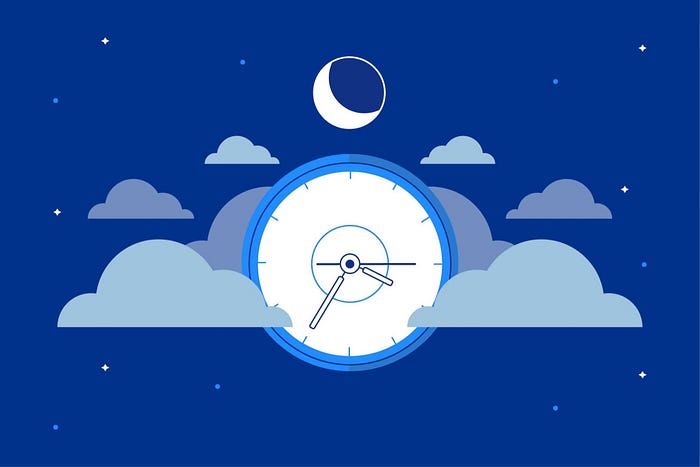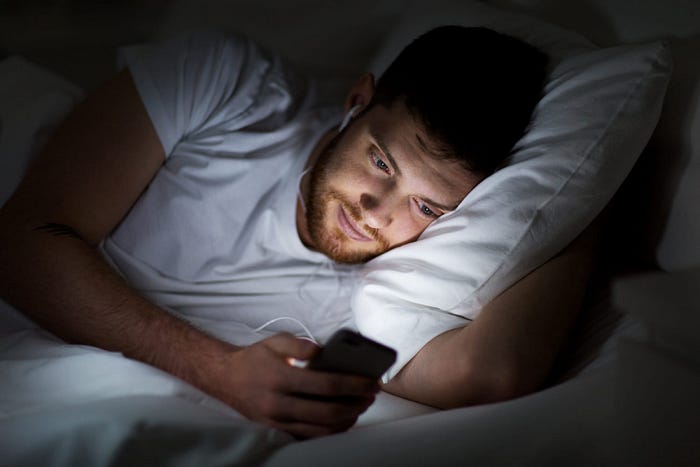In today’s digital age, social media platforms have become integral to our lives. While they connect us to the world, an increasing number of people are finding themselves addicted to these platforms, often at the cost of their physical and mental well-being. This article delves into how social media addiction affects sleep patterns, daily activity, and the challenges people face when caught in this cycle.
The Rise of Social Media Addiction
Social media addiction is characterized by excessive use of platforms like Instagram, TikTok, Facebook, or X (formerly Twitter), to the point where it interferes with daily life. People who are addicted often feel a compulsive need to check their accounts, consume content endlessly, or stay constantly engaged with others online.
The lure of likes, comments, and instant gratification creates a feedback loop that can be hard to break. But beyond just the emotional toll, this addiction can have profound effects on sleep and overall activity.
The Impact on Sleep Patterns
One of the most noticeable impacts of social media addiction is disrupted sleep. Studies show that those addicted to social media are more likely to experience:

- Delayed Sleep Onset: Constant scrolling and engaging with content, especially before bedtime, can push back when a person falls asleep. The blue light emitted by screens can suppress melatonin production, making it harder for the brain to recognize it’s time to sleep.
- Reduced Sleep Duration: Many addicted users stay up late, sometimes into the early hours of the morning, reducing the total time they spend sleeping. This can lead to chronic sleep deprivation.
- Fragmented Sleep: Even if they manage to fall asleep, notifications, messages, and alerts can interrupt sleep, leading to fragmented sleep cycles that prevent deep, restorative rest.
Changes in Daily Activity
Social media addiction doesn’t only impact sleep but also affects daily activity. People who are constantly on their phones or computers may experience the following:
- Reduced Physical Activity: As more time is spent online, less time is dedicated to physical activities like exercise. Many addicted users lead increasingly sedentary lifestyles, which can contribute to weight gain, poor posture, and a host of health issues.
- Decrease in Productivity: Social media can be a significant distraction, leading to procrastination and a decline in professional or academic performance. Users may find it difficult to focus on tasks, leading to lower productivity.
- Decreased Real-World Social Interaction: Paradoxically, those addicted to social media may find their real-world social interactions suffer. The more time spent engaging in the digital world, the less time there is for face-to-face communication with family and friends, which can lead to feelings of loneliness and isolation.
Challenges Faced by Social Media Addicts
Breaking the cycle of social media addiction presents several challenges:
- Mental Health Struggles: Many people addicted to social media report heightened levels of anxiety and depression. The constant comparison to others, cyberbullying, and the pressure to always appear perfect can exacerbate mental health issues. Moreover, the addiction itself can lead to stress and a feeling of helplessness.
- Sleep-Related Health Issues: Chronic sleep deprivation due to social media addiction can lead to more severe health problems, such as weakened immune function, obesity, and an increased risk of cardiovascular diseases.
- Difficulty Disconnecting: The very nature of social media makes it hard for users to step away. Notifications, updates, and the fear of missing out (FOMO) create a loop that’s difficult to escape. This can make it challenging to take meaningful breaks or disconnect for mental and physical rest.
- Cognitive Decline: Excessive use of social media can impact cognitive functions like attention span, memory, and the ability to process information. The constant switching between platforms and consuming short, fragmented content trains the brain to expect instant rewards, making sustained focus on tasks harder.
Overcoming Social Media Addiction
Acknowledging social media addiction is the first step towards recovery. Here are a few strategies that can help break the cycle:
- Setting Screen-Time Limits: Many phones now have features that allow users to set daily limits for app usage. Implementing these can be a practical way to reduce time spent on social media.
- Establishing a Nighttime Routine: Developing a consistent bedtime routine that excludes screens can help improve sleep quality. Turning off notifications or keeping devices out of the bedroom can also promote better sleep.
- Mindful Consumption: Being mindful of the content consumed and the time spent on social media can help curb addiction. Following accounts that promote well-being, setting intentions for social media use, and taking regular breaks are good habits to adopt.
- Seeking Support: For those deeply entrenched in social media addiction, seeking help from mental health professionals or support groups can be essential. Cognitive behavioral therapy (CBT) and other therapeutic interventions can be highly effective in managing addiction.




